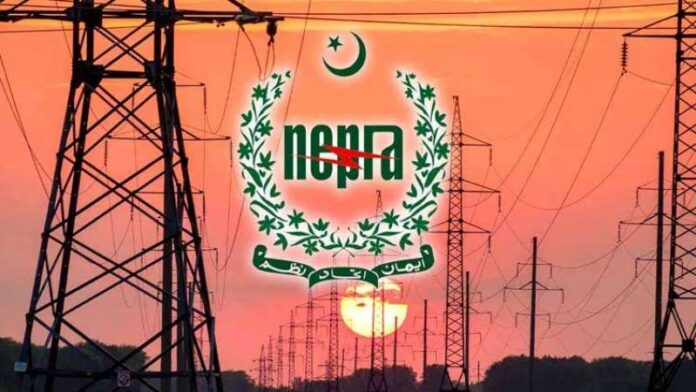In a major structural shift for Pakistan’s power sector, the National Electric Power Regulatory Authority (NEPRA) has discontinued dollar-based indexations for four major public-sector power plants, replacing them with fixed rupee-based indexations for the entire lifecycle of the projects.
The move, announced during a public hearing held Thursday at NEPRA’s headquarters in Islamabad, affects the Haveli Bahadur Shah, Balloki, Northern Power Generation Company Limited (NPGCL), and Central Power Generation Company Limited (CPGCL) plants. The hearing was chaired by NEPRA Chairman Waseem Mukhtar and attended by stakeholders from across the power sector.
NEPRA stated that the shift is aimed at curbing Pakistan’s foreign exchange exposure and minimizing tariff volatility for end-users. The reforms are expected to deliver substantial fiscal relief, with projected savings of Rs1.6 trillion over the life of the affected projects, including Rs22 billion in the current financial year alone.
“These prudent measures mark a critical step toward insulating our energy tariffs from global currency shocks,” NEPRA noted in its press statement.
The authority also introduced key reforms in operational cost structures. The indexation of Operations & Maintenance (O&M) costs has been capped at 70% of rupee devaluation, down from the previous 100%. Furthermore, local O&M expenses will now be indexed to either 5% or the 12-month average of the National Consumer Price Index (NCPI) — whichever is lower — offering additional cost predictability.
Another major change comes in the form of a restructured Return on Equity (ROE) model. Under the revised framework, only 35% of the ROE will be guaranteed as fixed, while the remaining 65% will be tied directly to actual plant operations. This performance-linked ROE model replaces the longstanding 100% guaranteed return structure that had drawn criticism for lack of accountability and inefficiency.
The hearing’s outcomes were widely welcomed by industry professionals and civil society participants who attended the session. Many praised the regulator’s shift toward performance-based incentives and consumer-centric tariff frameworks.
NEPRA reiterated its commitment to implementing policies that promote transparency, fiscal discipline, and long-term sustainability in Pakistan’s power generation sector. It also hinted that similar reforms may be considered for other independent and public power projects in the future.
“These decisions reflect our resolve to move toward a stable and equitable energy economy,” the regulator said.




